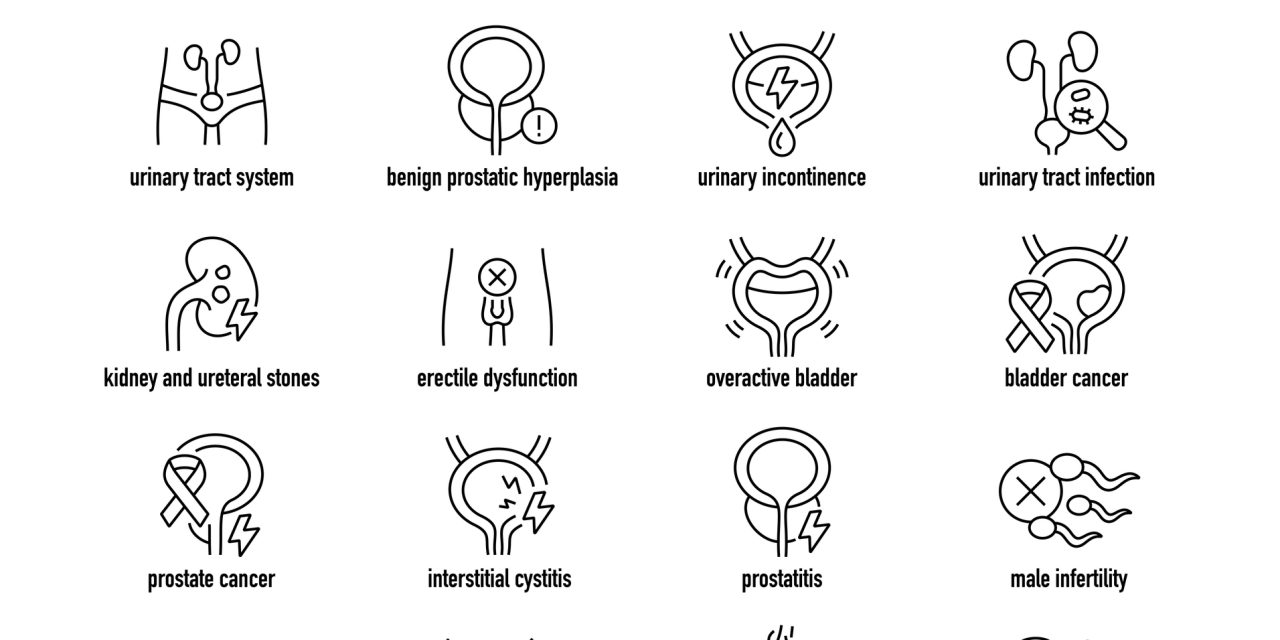Due to the ongoing COVID-19 pandemic, the 2021 urology residency match was transitioned to a virtual format. We sought to quantify the carbon offset and cost savings achieved during the 2021 match cycle based on the nature of the virtual format.
Applicants registered for the 2021 American Urologic Association match were surveyed to gather information regarding interview geography. A validated carbon emissions calculator was used to determine the associated carbon offset by forgoing travel. The cost savings were estimated using Google flights.
73 applicants, representing 14% of the applicant pool, applied to an average of 74 programs and took an average of 13 interviews. The estimated carbon offset was 6.26 metric tons of CO per applicant and 0.492 metric tons of CO per interview. The estimated 3011 metric tons of CO generated by all applicants are equivalent to 655 passenger vehicles driven for 1 year, and would take 3689 acres of forest to sequester over one year. The estimated average cost savings on travel were $2,198 per applicant and $172 per interview, totaling $1.06 million for the applicant pool. In the future, 72.6% of applicants are either very likely or somewhat likely to recommend using a virtual format for residency interviews.
Converting interviews to a virtual format during the 2021 urology residency match resulted in a reduced carbon footprint and substantial cost savings for applicants. Most applicants would recommend continuing virtual interviews in the future.
Virtual Residency Interviews Reduce Cost and Carbon Emissions.


